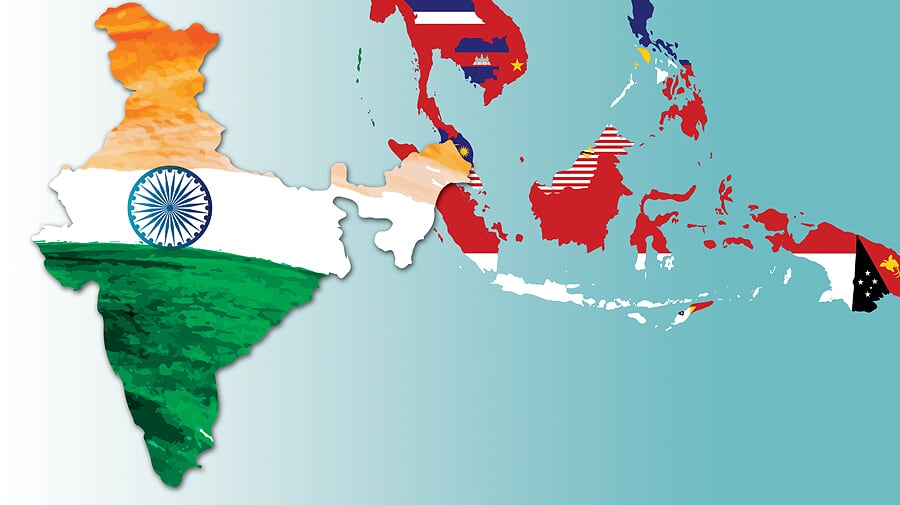Developments in India’s neighbourhood continue to generate keen interest across the globe. India’s Neighbourhood First Policy focuses on the management of relations with countries in its immediate neighbourhood. The Neighbourhood First Policy also aims at enhancing physical, digital, and people-to-people connectivity across the region, as well as augmenting trade and commerce. This policy has evolved into an institutional priority for all the relevant arms of the government managing relations and policies with the country’s neighbourhood.
India’s Act East Policy too has been formulated in the same spirit of promoting economic cooperation, cultural ties, and developing strategic relationships with countries in the Indo-Pacific region. Additionally, Act East Policy recognizes connectivity as the key to the growth and prosperity of the region, which includes physical, digital, economic, and people-to-people movement.
Given this background, External Affairs Minister S. Jaishankar on Friday rightfully reiterated that ASEAN remains the cornerstone of India’s Act East Policy and the Indo-Pacific vision, and that the India-ASEAN partnership continues to acquire ever more dimensions with each passing year. According to him, digital, defence, maritime, connectivity, security, health and traditional medicine, and cultural heritage preservation continue to be priority areas for India-ASEAN cooperation.
While ASEAN countries remain an important pillar of India’s Act East policy, they also constitute key partners of its Indo-Pacific Vision, as underlined in Prime Minister Modi’s Security and Growth for All in the Region (SAGAR) vision. As Jaishankar was speaking in India’s neighbourhood of Vientiane, a US Republican senator called Marco Rubio introduced a bill titled “US-India Defence Cooperation Act” on Thursday with the objective of enhancing the strategic diplomatic, economic, and military relationship of the United States with New Delhi vis-à-vis China. Justifying his bill, Rubio pointed out that Communist China has continued to aggressively expand its domain in the Indo-Pacific region, all while seeking to impede the sovereignty and autonomy of the regional partners of the US. According to him, it is crucial for the US to continue its support for countering these malicious tactics. India, along with other nations in the region, is not alone, as Rubio has asserted while seeking support for his bill.
In this context, the contents of Rubio’s Bill make for interesting reading. The Bill proposes to treat India as if it were of the same status as US allies such as Japan, Israel, Korea, and NATO allies regarding technology transfers; authorize the US Secretary of State to enter into a memorandum of understanding with India to increase military cooperation; expedite excess defence articles to India for two years and grant India the same status as other allies; and expand International Military Education and Training Cooperation with New Delhi. After all, India’s neighbourhood is everybody’s concern.




